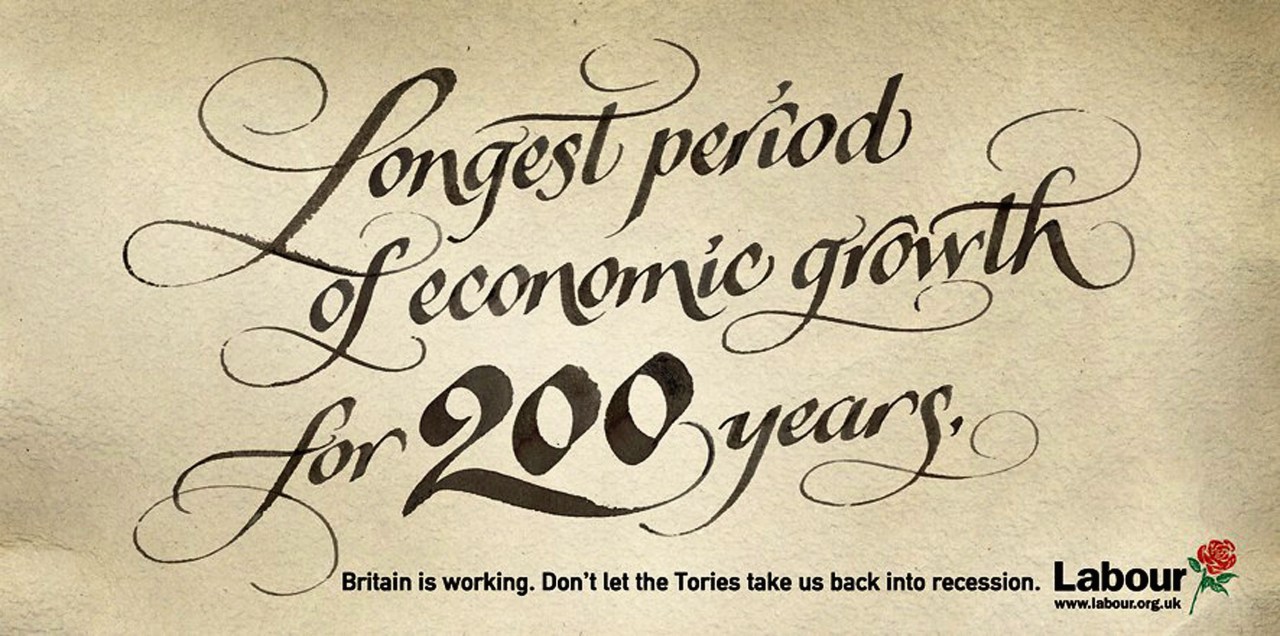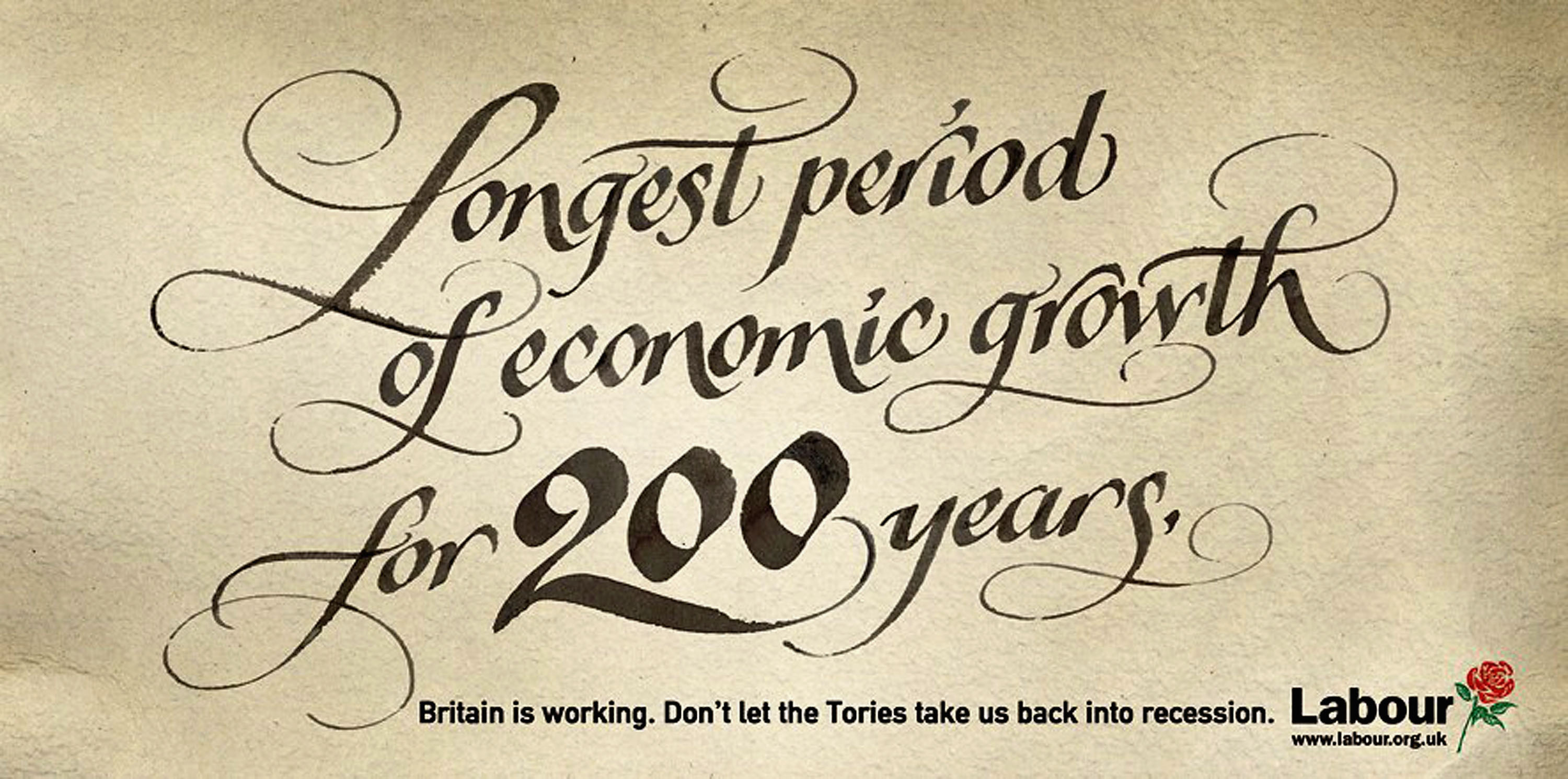 Steve Richards sets out Brown’s three-step strategy for the coming weeks in his Independent column:
Steve Richards sets out Brown’s three-step strategy for the coming weeks in his Independent column:
‘The first is to link the G20 decisions to those that are made in Britain. Instead of suggesting that he is moving on to British politics as if it was a separate entity, he will seek to show that there is a direct connection. The attempt began yesterday with the meeting between Brown, Alistair Darling and senior figures from the Financial Services Authority to begin implementing some of the regulatory changes in Britain agreed by world leaders last week.
Next, Brown knows that he needs to find a language that makes more sense of a crisis that is complex and distant as well as frighteningly immediate. He seeks also to inject a moral dimension into the debate, but worries about getting the pitch right, not wanting to convey a message that in effect suggests the poor should give up bothering about materialism. He wants the debate to be more one about the perils of greed and the need to play by the rules. He needs to move quickly as David Cameron has also claimed this terrain in one of his recent speeches on the recession.
Third, Brown plans to engage more explicitly in the political battle with the Conservatives who, in his view, have not changed as much as their leadership claims. Like Tony Blair, he is conditioned to watch them like a hawk. He noted with interest the suggestion from the shadow Chancellor, George Osborne, yesterday that the already strictly limited pay rises for nurses and teachers might be constrained further if the Conservatives were elected.’
The first step strikes me, from Brown’s perspective, as sensible. If he can present what he is doing in the Budget as part of some global recovery plan, he’ll have a better chance—albeit not much better—of selling it to the public.
On the second point, I think Brown has left this too late. Brown has supped with the masters of universe for too long to convincingly disown them now. When those four bankers appeared before the Treasury select committee to say sorry, two had been knighted under Labour and one ennobled. Even after it was clear how serious this crisis was, Brown appointed a City man to be City minister. It would be hard for him now to claim that he is a son of the manse who has always disapproved of excessive risk-taking.
The third part of the strategy strikes me as just as weak. Labour clearly think that shouting nasty, toff Tories want to be mean to the public sector will work. But it won’t. The public accept that there’s a need for economies; warning of cuts won’t work in 2010 as it did in 2001. Also, Brown’s reputation has taken such a battering in the last 18 months or so that he will not be perceived as a credible messenger as he was in 2001 and 2005. Labour could hardly run a poster now, as it did in 2005, declaring ‘Longest period of economic growth for 200 years’ and the tagline ‘Britain is working. Don’t let the Tories take us back into recession.’








Comments